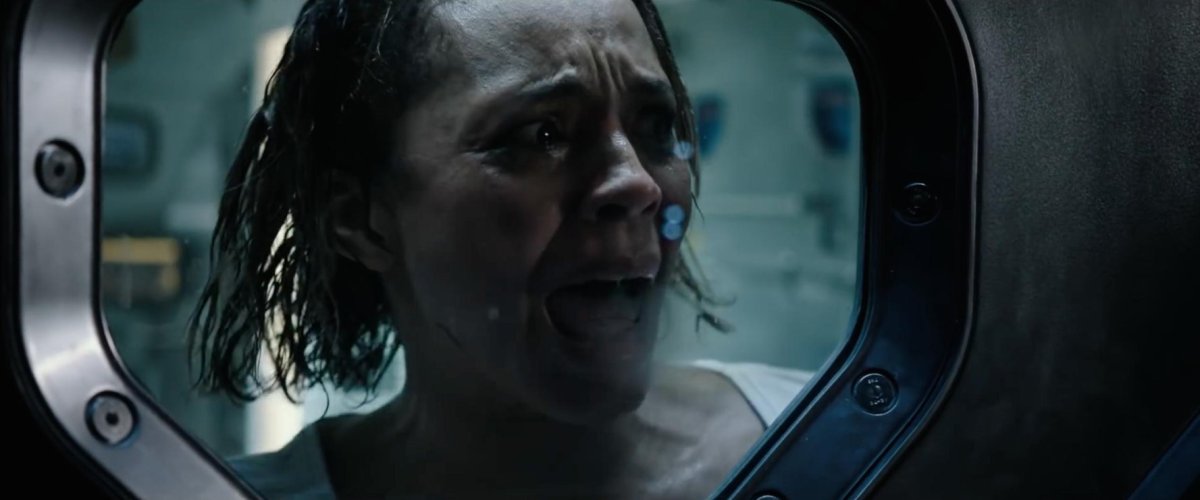Before I Fall may not be for me, but it’s target audience should be asking for a lot more than this.
In the Paderborn cineplex, they often show movies as “Sneak Previews,” where the movie itself is a surprise. They start off with a variably animated emcee giving away popcorn to patrons willing to be a little silly; this led to a group of people enacting Dragonball Z poses while shouting in German serving as the opening act for Moonlight a while back. The key advantage, to myself, of these Sneak Previews is that, while the movie is unknown, there’s a big “OV” next to the listing if it’s going to be in English, and those two magical letters are attached more often to the mystery movies than the future showings. It’s a neat thought, but in reality, the choice of movie is dictated more by whatever non-blockbuster is coming out soon in Germany rather than the carefully considered selection of a cinephile. Sometimes, this leads to seeing Moonlight for a second time as a complete surprise; sometimes, this leads to seeing Before I Fall. I am assuredly not the audience for Before I Fall, as was clear pretty early on. But having that knowledge didn’t make sitting through Before I Fall any easier.
Before I Fall is essentially Mean Girls meets Groundhog Day, but played completely straight. Sam is part of a quartet of popular girls, while dating a hunky bro to whom she plans to lose her virginity on Valentine’s Day. She’s kinda mean to her mom, she doesn’t pay attention to her sister, she scoffs at the pining of Nice Guy Kent, and makes fun of loner Juliet. After a party night gets a bit too intense, Sam finds herself waking up to Valentine’s Day over and over again. Admittedly, not knowing what I was getting myself into, the time-loop came out of absolutely nowhere to me, since the previous thirty-odd minutes just seemed like an uninteresting slice in the life of a bunch of pretty insufferable high-school students. Getting to relive that over and over again doesn’t really add any depth to the situation; everything about everyone is pretty clear from the get-go to everyone except Sam. Instead, the audience gets to travel with Sam and share her deepest wish: that this will all just be done with already.
Nice things first: Sam herself is not an awful character, and Zoey Deutch gives an emotive performance, suggesting layers that the script doesn’t really earn. And there’s one scene in the second act where Sam has a laidback heart-to-heart with a gay classmate she made fun of that works weirdly well thanks to its chill, matter-of-fact honesty and willingness to laugh for once in the whole damn movie. The rest of this is mostly a melodramatic mess. While a high-school twist of the time-loop plot isn’t a horrendous idea, this whole thing only works when the people involved are having a little bit of fun with the silliness. Instead, the movie revels in melodrama and sentimentality, with some grade-school philosophy to complete the dish (Sisyphus and the Butterfly Effect both get name dropped, because of course they do). It also throws on a suicide plotline that is key to the final act, but is never less than extremely tacky and leads to a bafflingly shallow conclusion. Before I Fall may not be for me, but it’s target audience should be asking for a lot more than this.
D-

Before I Fall (2017)
Directed by Ry Russo-Young
Starring Zoey Deutch, Halston Sage, Logan Miller, and Jennifer Beals
Rotten Tomatoes (66%)







